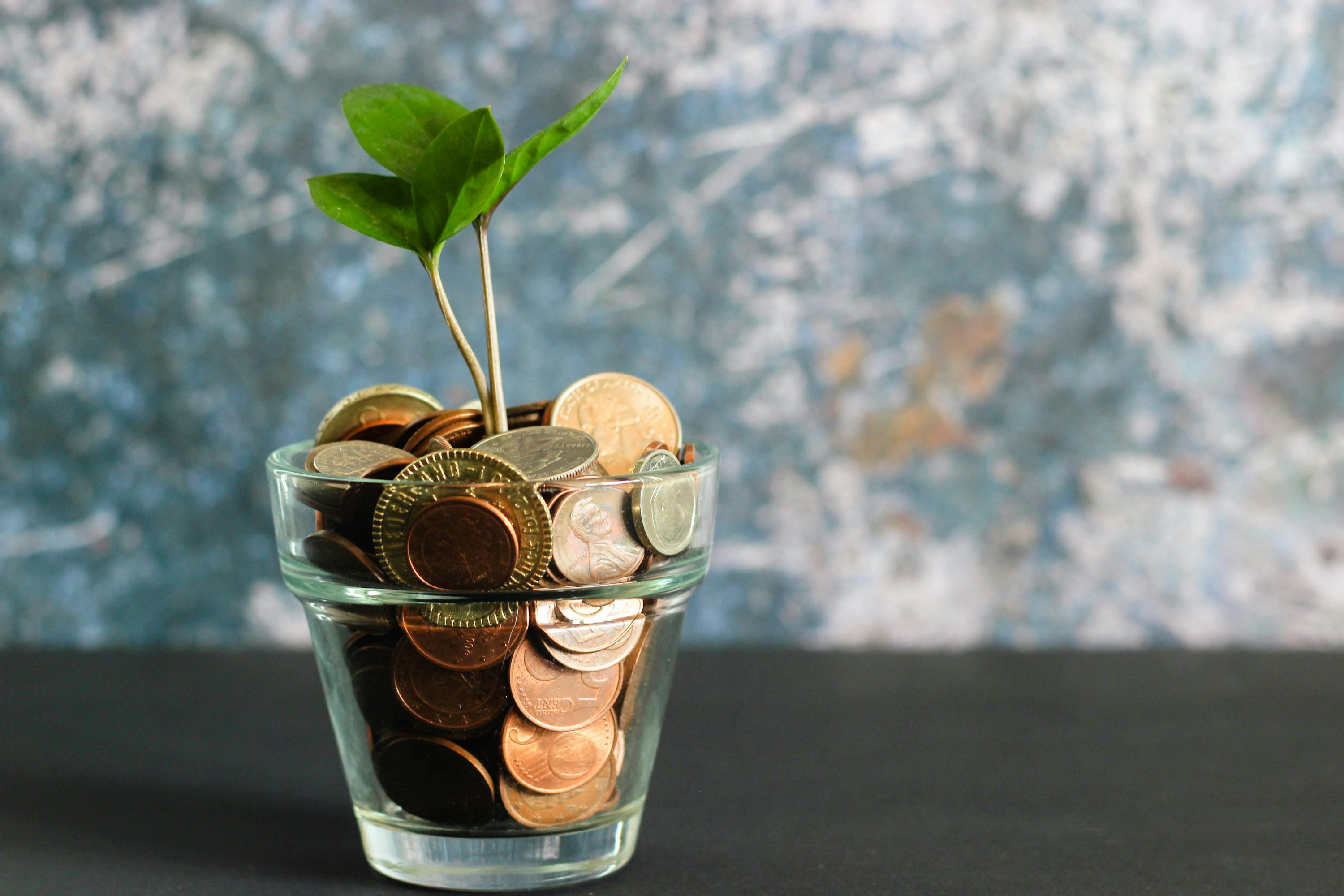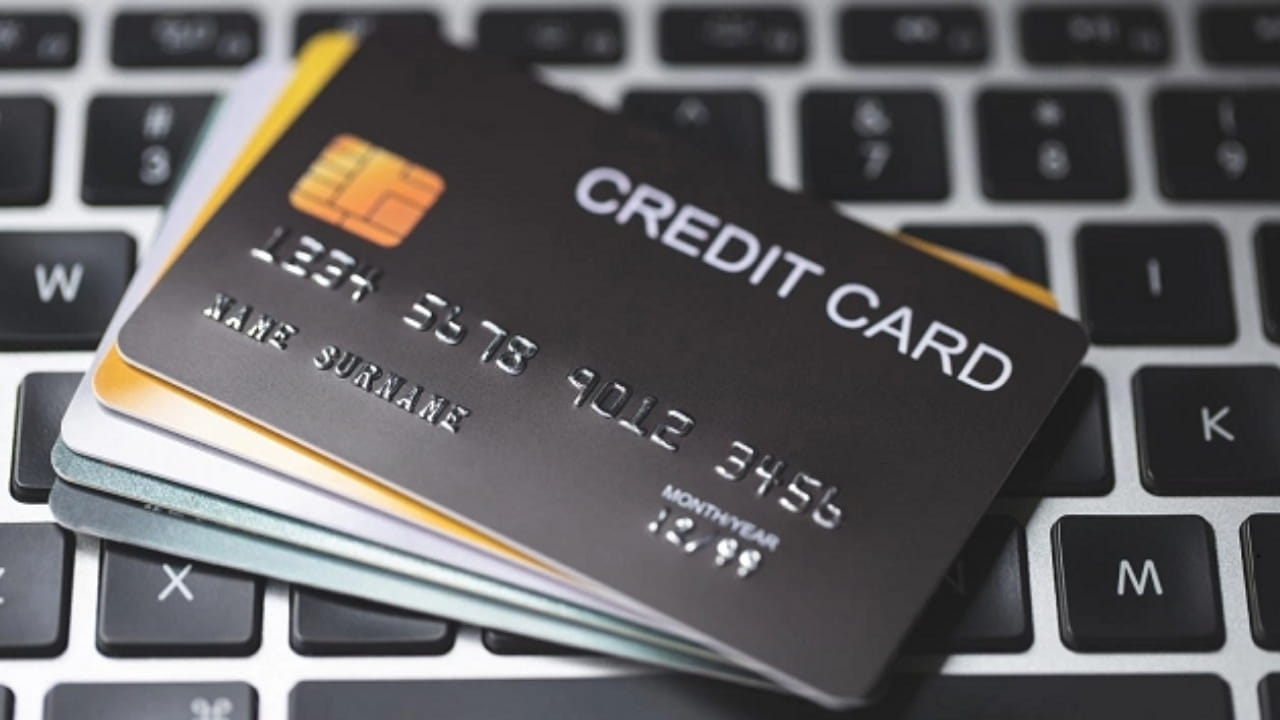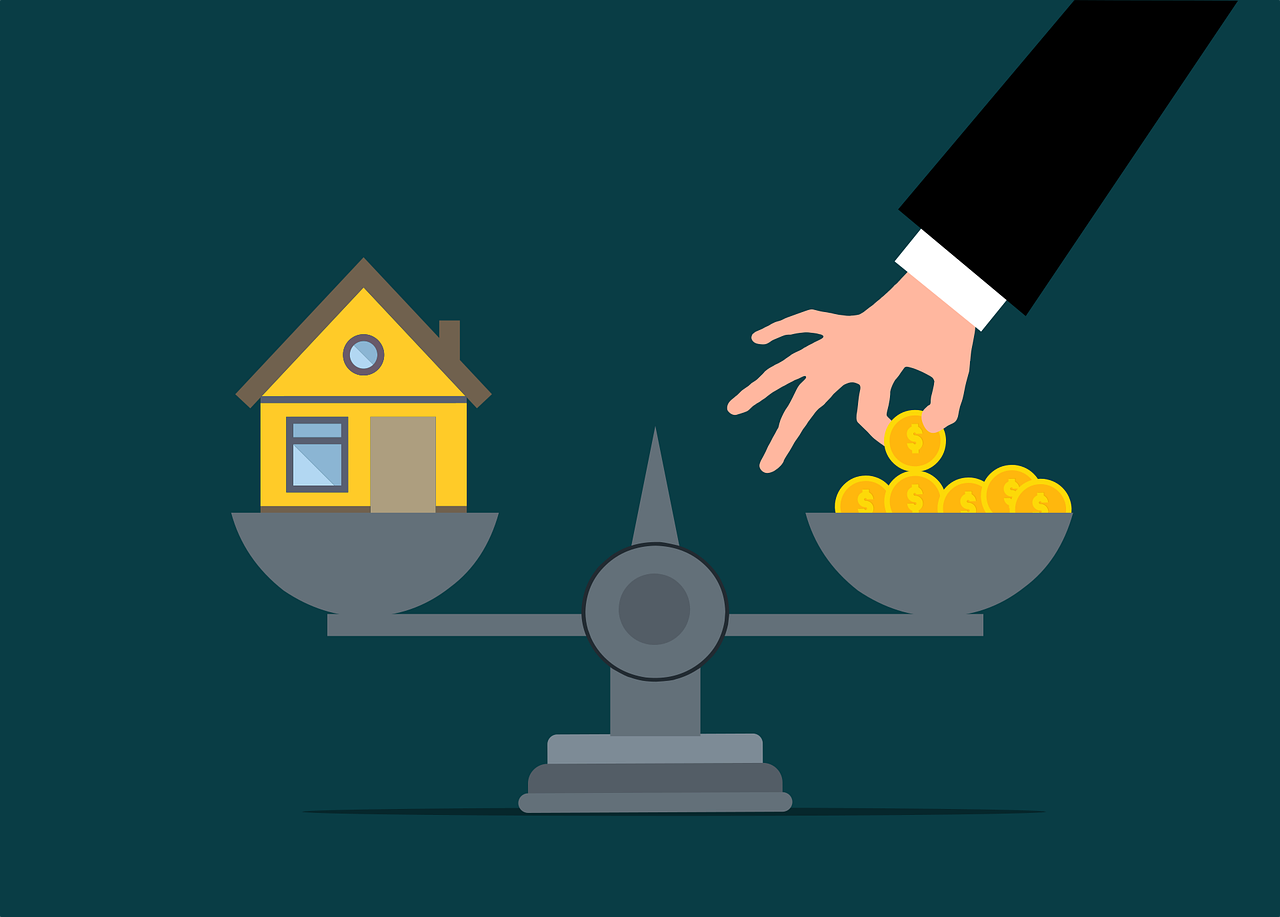How High-Yield Savings Accounts Help You Beat Inflation
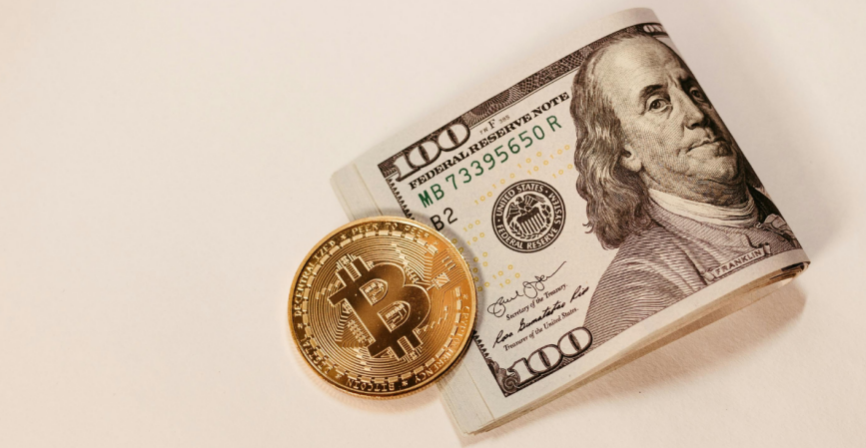
Saving money is smart. But simply saving isn’t enough anymore.
Maintaining cash in a standard bank account could potentially cause you to lose money rather than increase it, since the cost of living keeps going up.
This is the role of high-yield savings accounts.
They are an easy and low-risk method to get a little more out of your money and, more important, keep up with inflation.
Let's discuss how they operate and the reasons you may be get one.
What Makes a Savings Account High Yield?
An average savings account is identical to a high-yield savings account, except the interest rate is significantly higher.
Better returns, frequently 10 to 15 times higher than standard bank accounts, allow your money to grow more quickly rather than earning a few cents each month.
Typically, these accounts are offered by online banks or credit unions because they save money by not running expensive branches. They pass those savings back to customers by offering better interest rates.
Why Inflation Is Your Real Enemy
Inflation decreases the value of your money each year. Your money's purchasing power decreases, for instance, if your bank only gives you 0.1% interest and inflation is 4% annually.
That means $1,000 today might only buy you what $960 could buy next year.
A high-yield savings account, offering around 4–5% interest, can help you keep up with inflation.
While it may not make you rich overnight, it preserves your savings and keeps your hard-earned money from losing value too quickly.
How High-Yield Accounts Beat Inflation
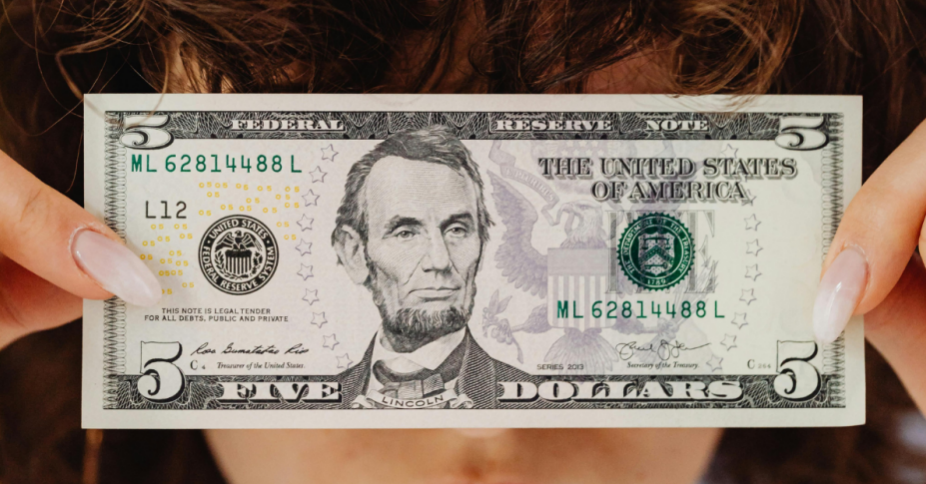
Here's how they help:
Increased Earnings: Even when your money are safely in the bank, they will increase more quickly if you receive more interest.
Safety: Your money is safeguarded up to $250,000 because the majority is FDIC insured (or NCUA insured for credit unions).
Liquidity: Your money can be easily accessed at any moment without incurring penalties, unlike investments like stocks or bonds.
In short, you earn more without taking on risk — a rare thing in the world of finance.
Advice for Selecting an Effective High-Yield Savings Account
Not all high-yield accounts are created equal.
Here are a few tips when shopping around:
Compare Rates: Look for banks offering consistently high annual percentage yields (APY).
No Hidden Fees: Avoid accounts with monthly maintenance fees, minimum balance fees, or withdrawal limits.
Seamless Transfers: Ensure effortless movement of funds between your checking account and investment platform.
Solid Reputation: Choose banks that are well-reviewed and insured by the FDIC or NCUA.
Some online banks even offer bonus interest rates if you meet certain conditions, like direct deposit.
Who Should Open One?
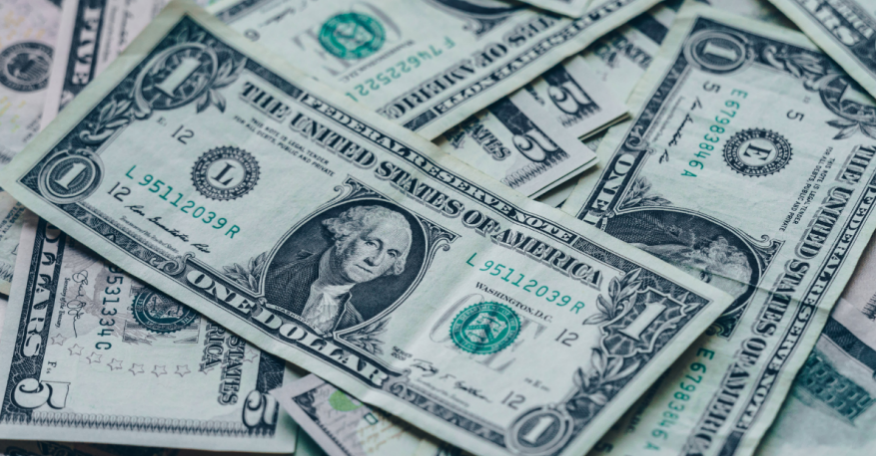
Honestly? Almost everyone can open it.
If you have emergency funds, vacation savings, or just cash sitting around doing nothing, a high-yield savings account is the perfect home.
It’s especially smart for:
- Young professionals starting to build savings
- Families looking to preserve rainy-day funds
- Retirees wanting low-risk interest earnings
Even if you already invest in stocks or real estate, it’s wise to keep some cash safe, growing quietly in a high-yield account.
Final Thoughts
Inflation is like a slow leak in your financial tires.
While inflation's erosion seems gradual, its cumulative effect devastates purchasing power. High-yield savings accounts serve as a frontline defense—combining competitive returns, capital preservation, and liquidity to fortify financial strategies.
If you're not already utilizing one, now's the moment to optimize your cash's productivity—with minimal effort.
(Writer:Matti)
